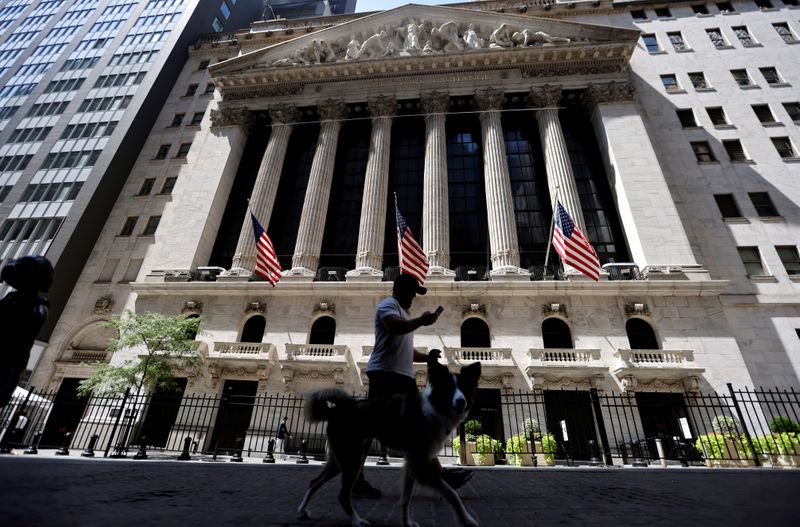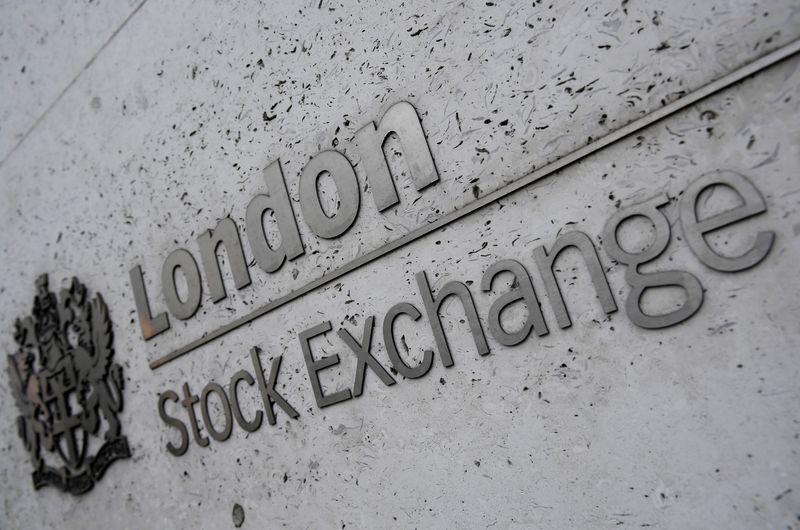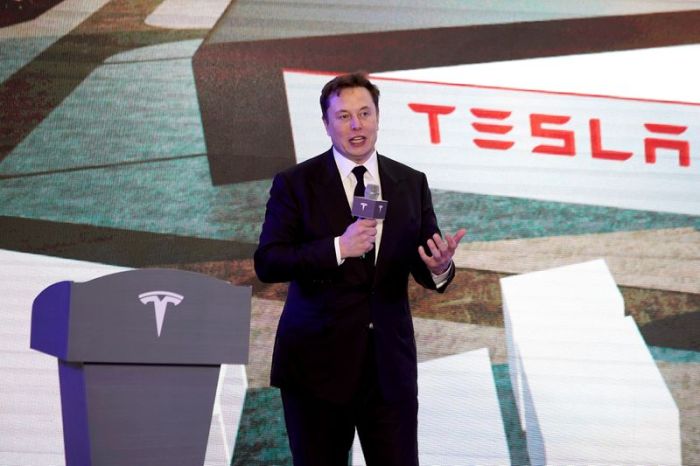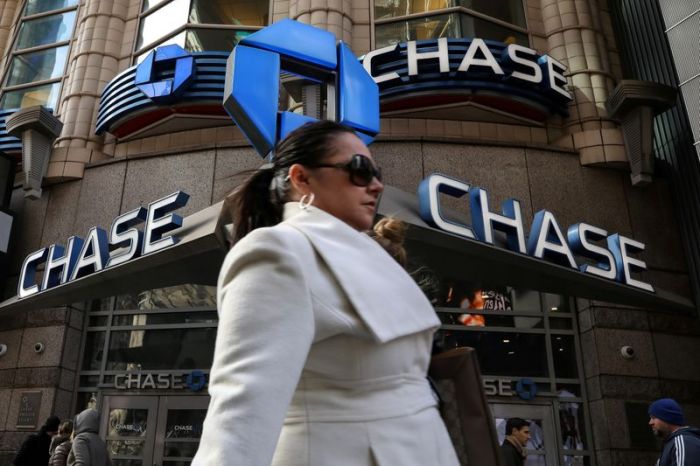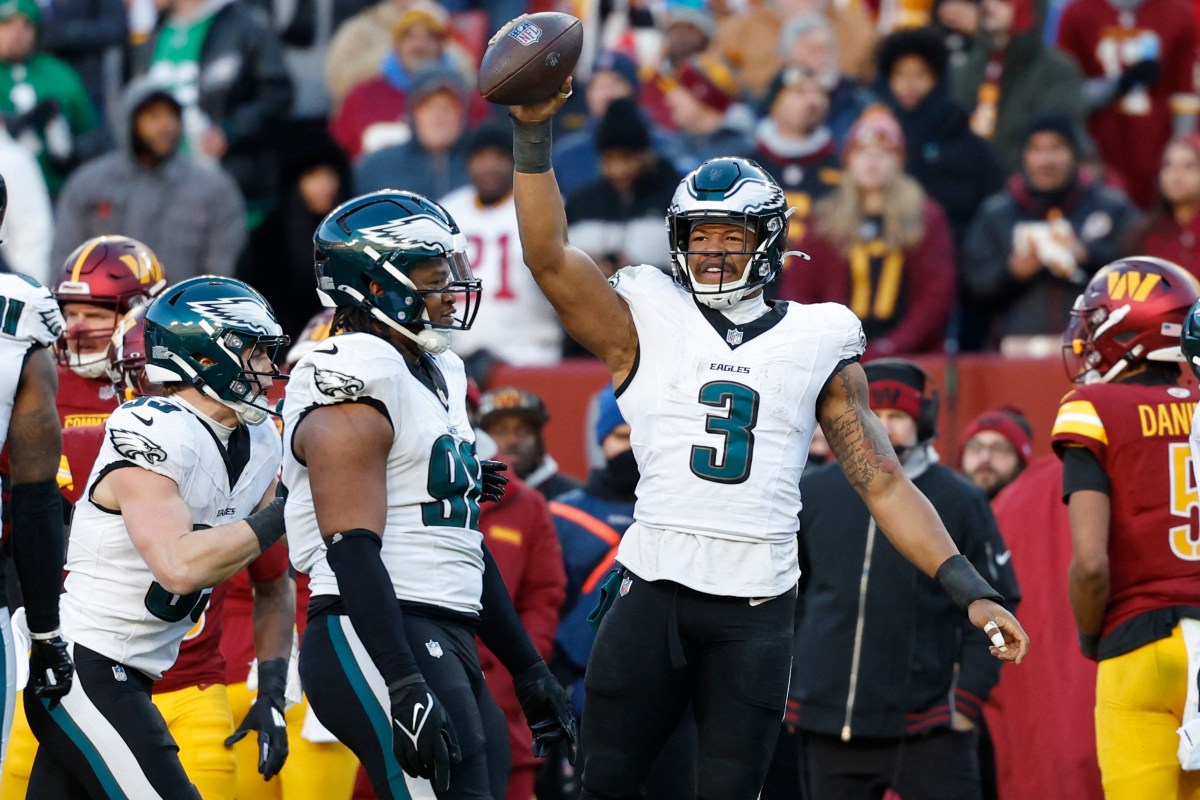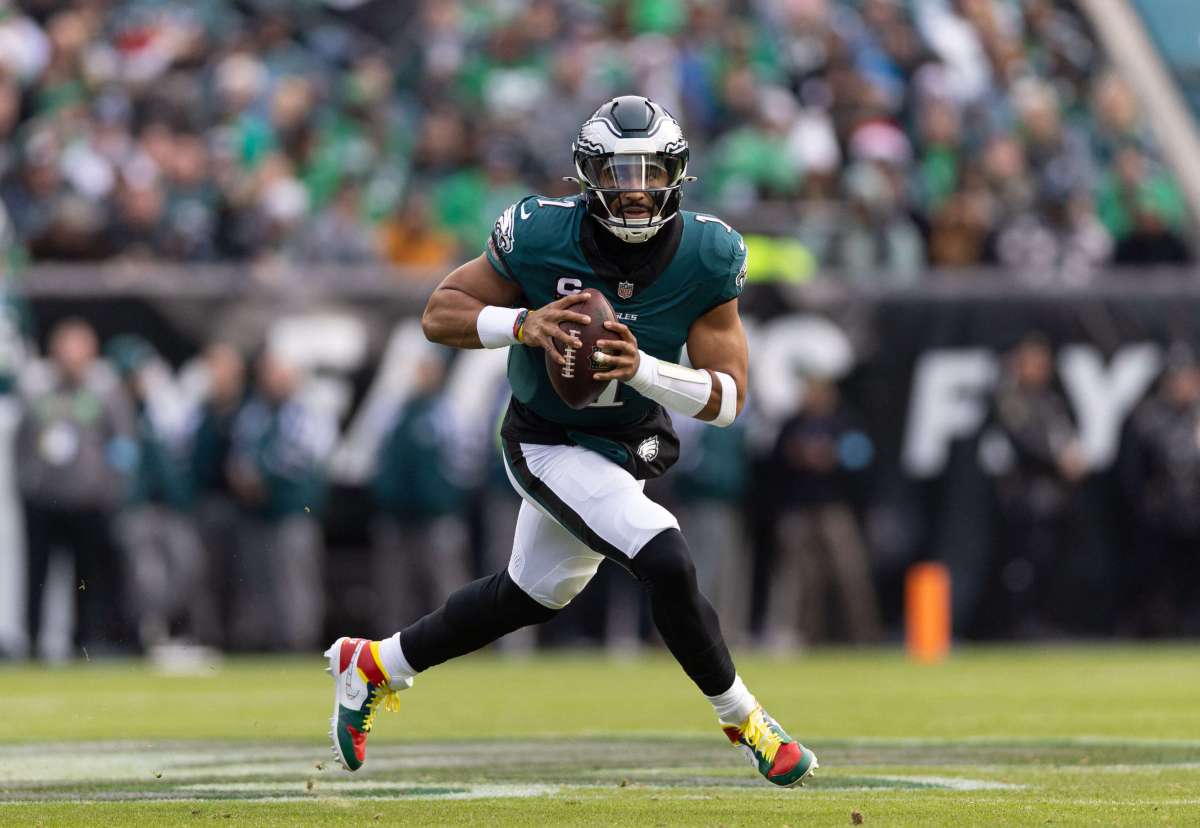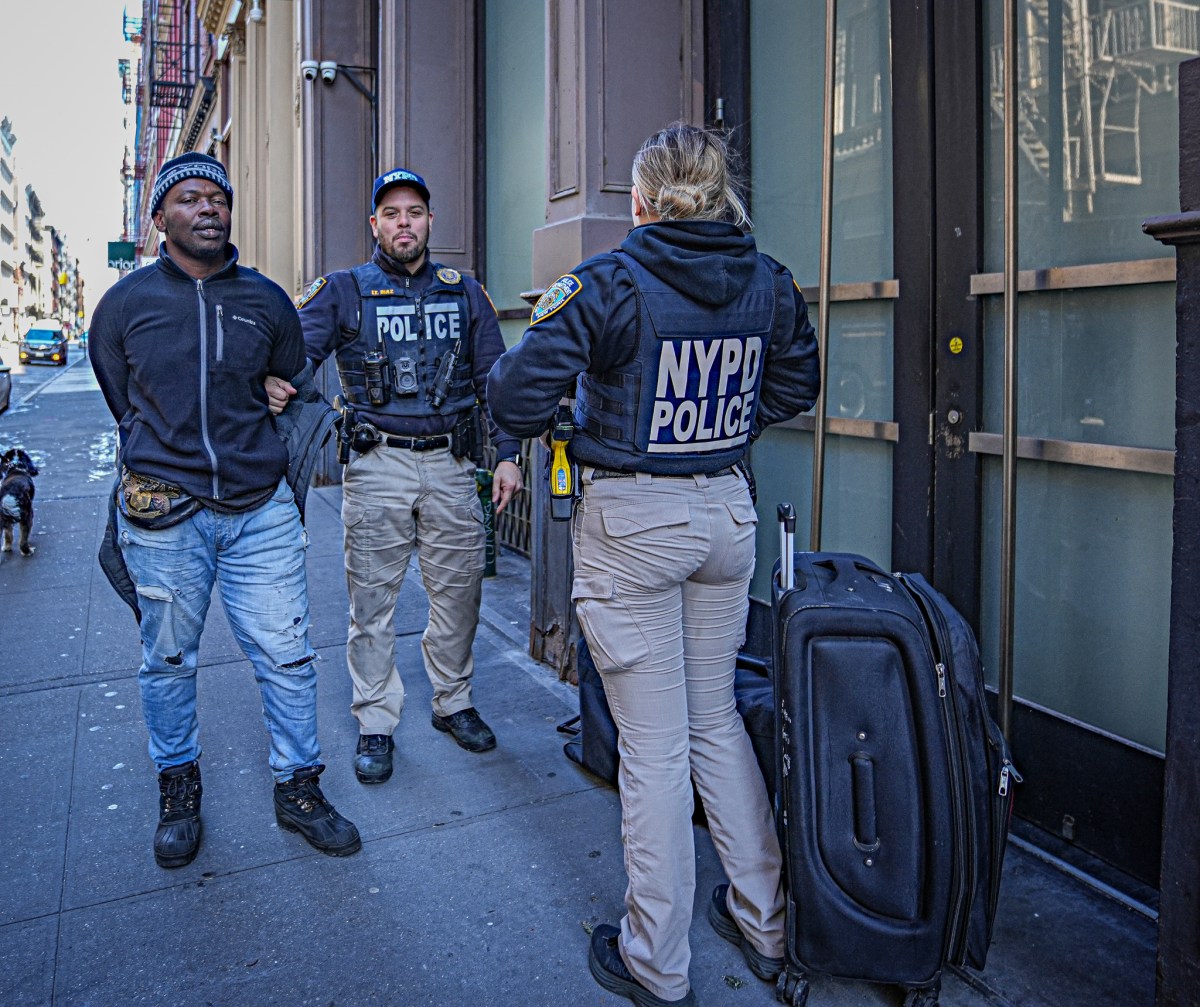NEW YORK (Reuters) – The euro rose on better-than-expected German business morale data on Tuesday while global equity markets gained, with the S&P 500 and Nasdaq setting new closing highs, after a phone call cooled a recent flare-up in U.S.-China trade tensions.
Gold prices fell as the call, the first formal dialogue between top U.S. and Chinese trade officials since early May, bolstered risk sentiment and offset support for bullion from a weaker dollar.
The officials reaffirmed their commitment to a trade deal that had appeared on shaky ground because of a slew of issues rattling bilateral ties, including Beijing’s new national security law imposed on Hong Kong.
Trading volume was low – typical for a late August session – but also as investors await a speech by Federal Reserve Chairman Jerome Powell on Thursday, when he is expected to address the U.S. central bank’s view on inflation and monetary policy.
Powell may signal a shift in the Fed’s inflation target to an average, which would allow inflation to rise more quickly than in the past.
A lack of news or single-stock catalyst to drive markets kept the session quiet, said Yousef Abbasi, global market strategist at StoneX Group Inc in New York.
“The market’s on cruise control until Thursday morning when Fed Chairman Powell is expected to outline the new monetary policy and maybe forward guidance framework,” he said.
A survey from the Conference Board showed U.S. consumer confidence unexpectedly fell in August to hit a six-year low.
Stocks retreated to close lower, while Wall Street meandered. The S&P500 set a new intraday high early in the session, retreated to trade lower, and then closed at a new high along with the Nasdaq. [.N]
Europe’s broad FTSEurofirst 300 index fell 0.32% to 1,434.94, while MSCI’s all-country world index rose 0.34% to close at 579.20 – less than 2 points from an all-time peak for the global benchmark reached in February.
Wall Street was mixed. The Dow Jones Industrial Average fell 0.21%, the S&P 500 gained 0.36% and the Nasdaq Composite added 0.76%.
The S&P 500 and the Nasdaq also logged closing highs on Monday, boosted by signs of progress in developing treatments and vaccines for COVID-19.
A slide of 0.82% in Apple Inc., whose market capitalization of $2.15 trillion is greater than all the components in the benchmark FTSE 100 index in London, initially kept stocks from rising.
German business morale improved more than expected in August as both manufacturing and services picked up steam, a survey by the Ifo institute showed. The survey raised hopes for a strong recovering from the coronavirus in Europe’s largest economy.
The dollar index fell 0.29%, with the euro up 0.41% to $1.1835.
Longer-term U.S. Treasury yields rose as traders moved into riskier asset classes on reassurance that a U.S.-China trade deal would continue. Yields on the benchmark 10-year Treasury note rose 0.715% at one point, to later trade up 4.1 basis points to 0.6867%.
Jack Ablin, chief investment officer at Cresset Capital Management, said there has been a slight upward change in trend in U.S. interest rates, whose record-low levels have helped lift Wall Street to all-time highs.
“This market is really keying off interest rates, and as long as rates stay low, we can stay at these elevated levels,” Ablin said. Anything to push rates up persistently would likely lead investors to pare stock holdings, he said.
Euro zone government bond yields rose on the Ifo survey. Germany’s 10-year bond yields, a benchmark forthe region, rose 5 basis points to a one-week high of -0.445%.
Crude oil prices rose, supported by production cuts in the U.S. Gulf Coast as Tropical Storm Laura was forecast to become a major hurricane, while rising coronavirus cases in Asia and Europe capped gains.
Brent crude futures settled up 73 cents at $45.86 a barrel. U.S. crude futures rose 73 cents to settle at $43.35 a barrel.
U.S. gold futures settled down 0.8% at $1,923.10 an ounce.
(Reporting by Herbert Lash in New York and Elizabeth Howcroft in London; Editing by Dan Grebler and Matthew Lewis)

